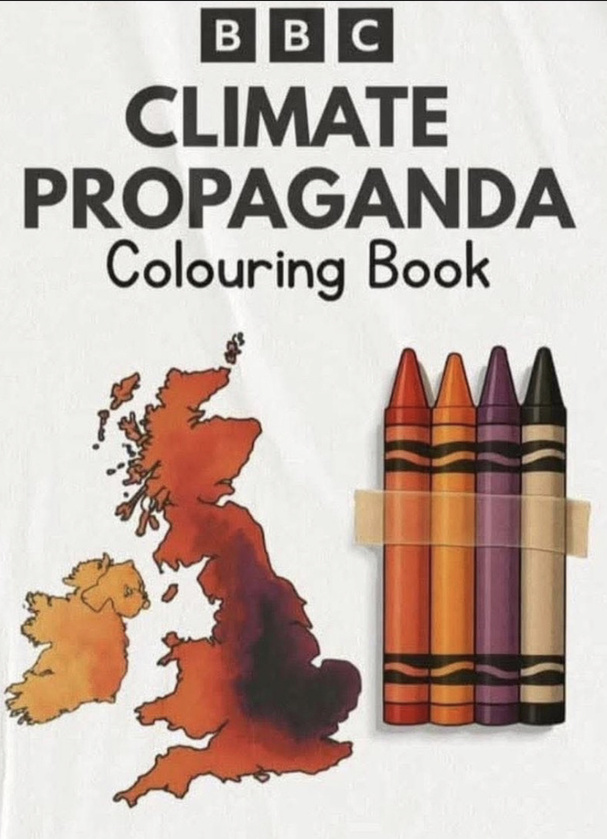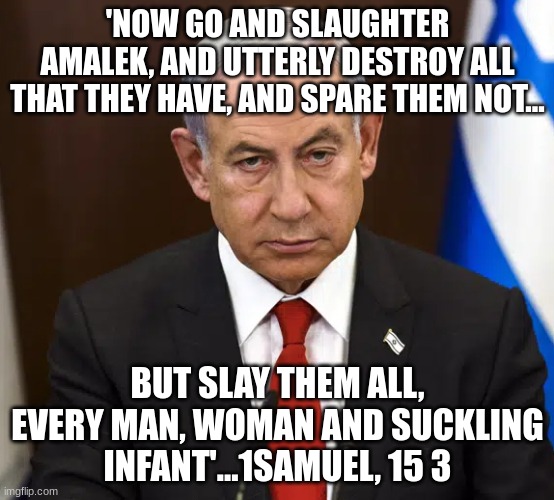https://www.indianpunchline.com/middle-east-in-crisis-9/
Bhadrakumar article
Trump secures Iran deal with eye on New Middle East
Even in the darkest hour of the US-Iran standoff since the 1979 Islamic Revolution, it was never lost on perceptive observers that the acrimonious rift was more of an estranged relationship longing for reconciliation rather than a fractured, irretrievably lost debris. If it took so long to reconcile, that was because it was a relationship where memory mixed with desire.
That is why the unfolding drama since the US dropped the ‘bunker buster’ bombs on the Fordow nuclear site on June 22 wore a surreal look with images mixing together in a strange way like in a dream.
If anyone could have navigated such a complex all-or-nothing transition from fantasy to reality, it was only someone like the US President Donald Trump who once hosted a reality show The Apprentice, which ran in various formats across fifteen seasons on NBC from 2004 to 2017 featuring aspiring businesspeople who would vie for a one-year $250,000 starting contract to promote one of Trump’s properties.
The property on offer today is the Gaza Riviera. Like The Apprentice, which had twenty local versions, Gaza Riviera is also a many-splendored thing that offers something to everyone, including Iran and Israel. But that’s jumping the gun.
Coming down to brass stacks, what did Midnight Hammer achieve? Hardly anyone noticed that Trump requited an ancient wrong-doing on Iran’s part. And the beauty of it is that while it took 444 agonising days to bring down the curtain on Iran hostage crisis, Trump needed less than an hour to close that dark chapter conclusively and take the time machine to a priori history of US-Iran relationship.
From this point onward, it becomes a lot easier for Trump to turn around the American opinion to accept a full-bodied engagement with Iran. Iranophobia is getting a decent burial. This is the first thing.
Second, Trump resolved the Iran nuclear issue at midnight on June 22 when he “obliterated” that country’s nuclear sites. Trump’s announcement engendered a whole new industry by his detractors who insisted that Iran’s nuclear programme was still alive and kicking, including IAEA Director-General Rafael Grossi. But Trump stuck to his narrative, regardless. At one stroke, he has slammed the door shut on any alibi for Israel to interfere in the US-Iran normalisation process.
Yesterday, Trump signalled that he had no reason any longer to brag about Midnight Hammer as an “attack”. Trump’s ellipsis appeared fleetingly in his remarks at a working dinner for Israel’s Prime Minister Benjamin Netanyahu and wife Sara, a trained career psychologist, at the White House on Monday.
Trump’s intuitive cognition and confidence is so strong that he actually preferred to let Netanyahu speak to the media to explain the raison d’être of the resumption of US-Iran talks. It was a delight to watch Trump’s expressionless face as Netanyahu spoke eloquently. But when a journalist asked Netanyahu whether Israel still seeks a regime change in Iran, he replied curtly that it is for the Iranian people to decide!
Trump prompted Steve Witkoff to announce that the US-Iran talks could take place as early as next week. He forecast that a document may be formalised at the talks and voiced appreciation for Iran’s positive approach.
Third, Tehran lost no time to acknowledge that talks with the US are under consideration. Of course, Tehran claims that the initiative came from the American side. The Iranian media claimed that “In this regard, Iran’s Ministry of Foreign Affairs is mulling over the necessity and validity of the US claims and how to hold a new round of negotiations to lift sanctions, to determine the level of uranium enrichment and to get compensation for the imposed 12-day war.”
There is nothing unusual in a bit of sparring in diplomacy ahead of tough negotiations. However, Iran’s rhetoric, like Trump’s, has mellowed. In a half-hour interview, with Tucker Carlson, the hugely influential American conservative political commentator, President Masoud Pezeshkian reached out to the elite audience in the Beltway on Sunday. He mostly spoke about the criticality of reining in Netanyahu, and disclosed that Israeli intelligence tried to assassinate him, but refrained from making any negative references whatsoever to the US.
Meanwhile, FM Abbas Araghchi also penned an article for Financial Times along similar lines. Araghchi disclosed that the Israeli attack on June 13 came at a critical juncture when the talks were “on the cusp of a historic breakthrough… [ on the] future of Iranian uranium enrichment … [with] several ideas for a win-win solution, and on the termination of sanctions… [and] US involvement in wider economic co-operation that constituted a trillion-dollar opportunity … that would electrify the Iranian economy.”
Notably, Araghchi no longer alleged that the US and Israel were moving in tandem. He now says Israel is manipulating Washington. True, they aren’t contradictory statements but Araghchi, a brilliant career diplomat, most certainly senses a certain shift in Trump’s approach to Israel lately. Araghchi wrote,
“Trump’s promise of “America First” is, in practice, being twisted into “Israel First”… Americans appear to have had enough.”
Trump couldn’t agree with Araghchi more. But then, there is also a regional factor in the shift in tectonic plates. The point is, Riyadh is playing a big role, at Tehran’s request, by using its influence with the Trump administration to eschew military force and instead use the political and diplomatic track with Iran.
Pezeshkian personally spoke with Crown Prince Mohammed bin Salman; accordingly, Prince Khalid bin Salman, Saudi Minister of Defense, shuttled between Riyadh, Tehran and Washington in recent days.
The Saudi mediatory efforts climaxed at a secret meeting between Prince Khalid and Trump in the White House on July 3 to discuss Iran de-escalation after which the Saudi prince spoke with Iran’s military chief. Araghchi visited Riyadh on July 9 and met both Prince Mohammed and Prince Khalid to convey Tehran’s gratitude and appreciation. Apparently, Trump had conveyed an assurance via the Prince Khalid that there’ll be no more attack on Iran.
The Arab outrage to Israel’s Gaza war and Riyadh’s wariness of Israel as an increasingly militaristic and destabilising force have drawn Saudi Arabia and Iran closer together than at any time in recent history. Saudi Arabia’s trump card is its reticence in establishing formal ties with Israel, without which, of course, all of Trump’s efforts to advance Tel Aviv’s regional integration won’t fly and his New Middle East vision will remain a bridge too far.
Trump knows it; Prince Mohammed knows it; Netanyahu knows it — and of course Araghchi knows it. And this becomes the most crucial moving part in the Gaza conundrum, which is indeed directly linked to the Palestine problem, the core issue in the Middle East which Israel has so far deftly sidestepped by distracting attention towards the so-called Iran nuclear issue.
From Trump’s recent optimism about Abraham Accords, he’s sized up the criticality of the Gaza ceasefire. I wrote in the New Indian Express today, “Suffice to say, Trump has a grand bargain in mind to draw Iran and Israel into a regional matrix of economic interlinkages with the West devolving upon trade deals, economic ties, investment and connectivity to create a new West Asia. Trump hopes to seize upon a Gaza ceasefire to jumpstart the plan with Iran’s neighbours and navigate towards Abraham Accords 2.0.”
The agreement to resume the US-Iran talks must, therefore, be seen as a defining moment and a big step forward in the making of a New Middle East by America’s peacemaking. president.




















